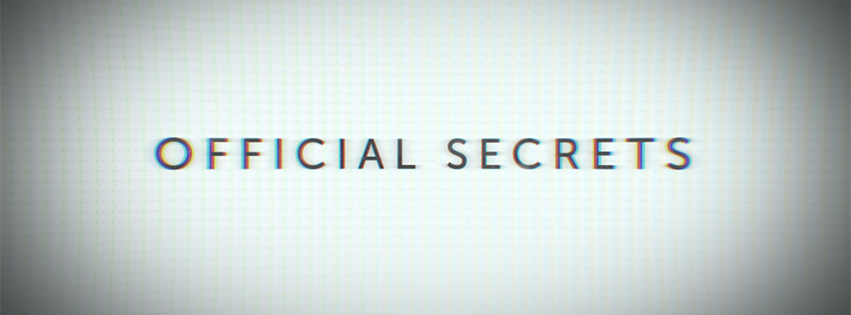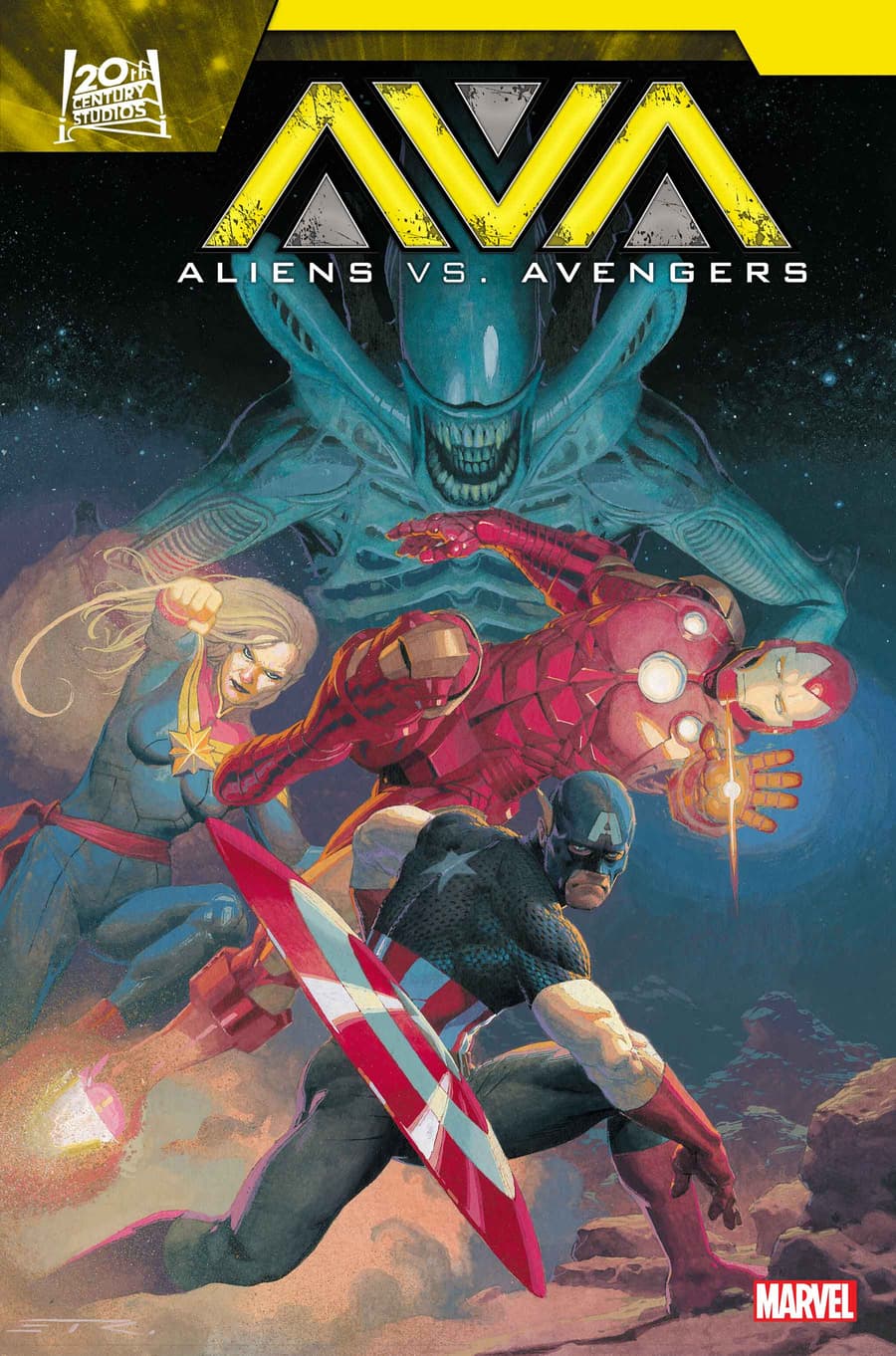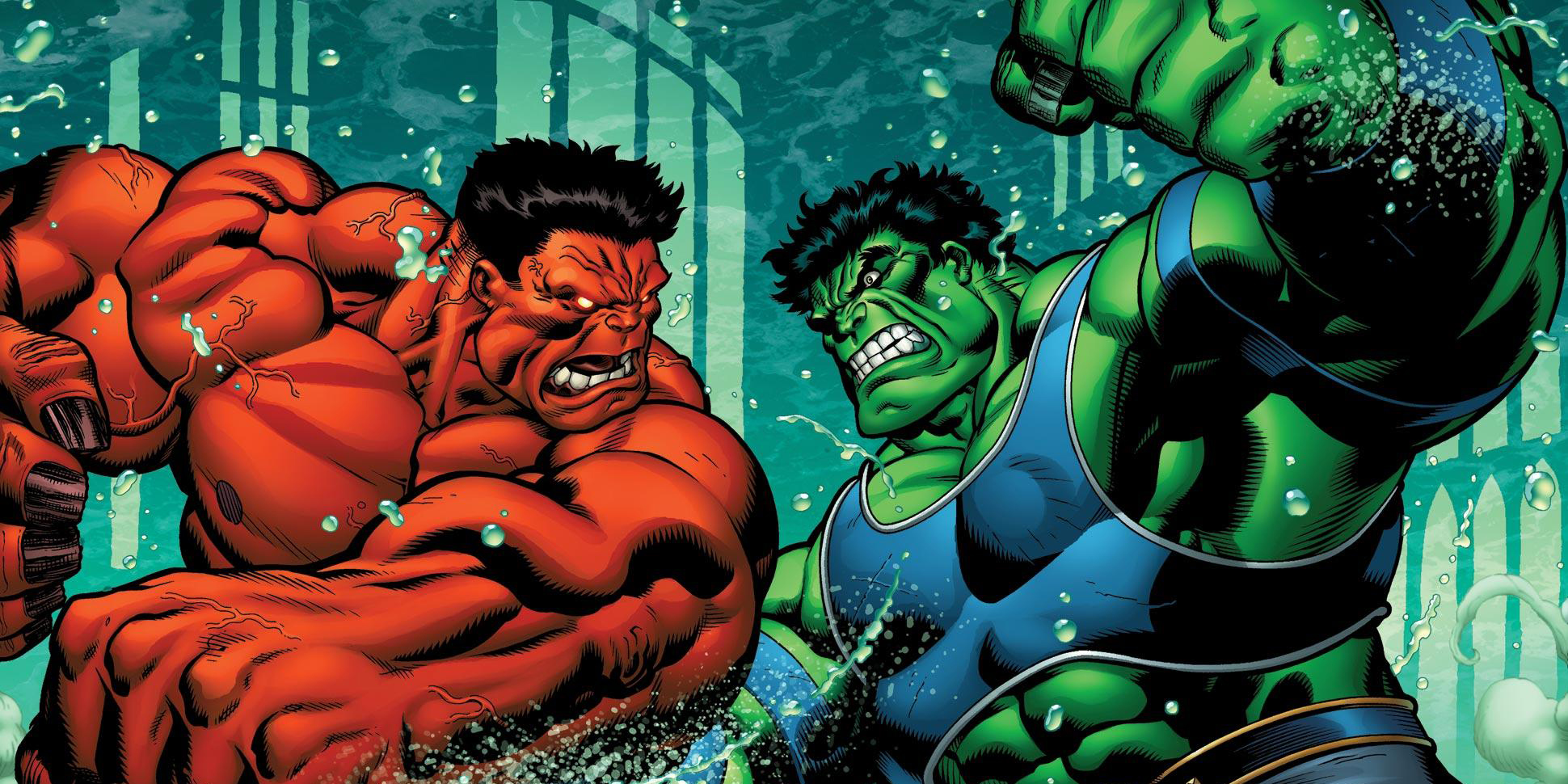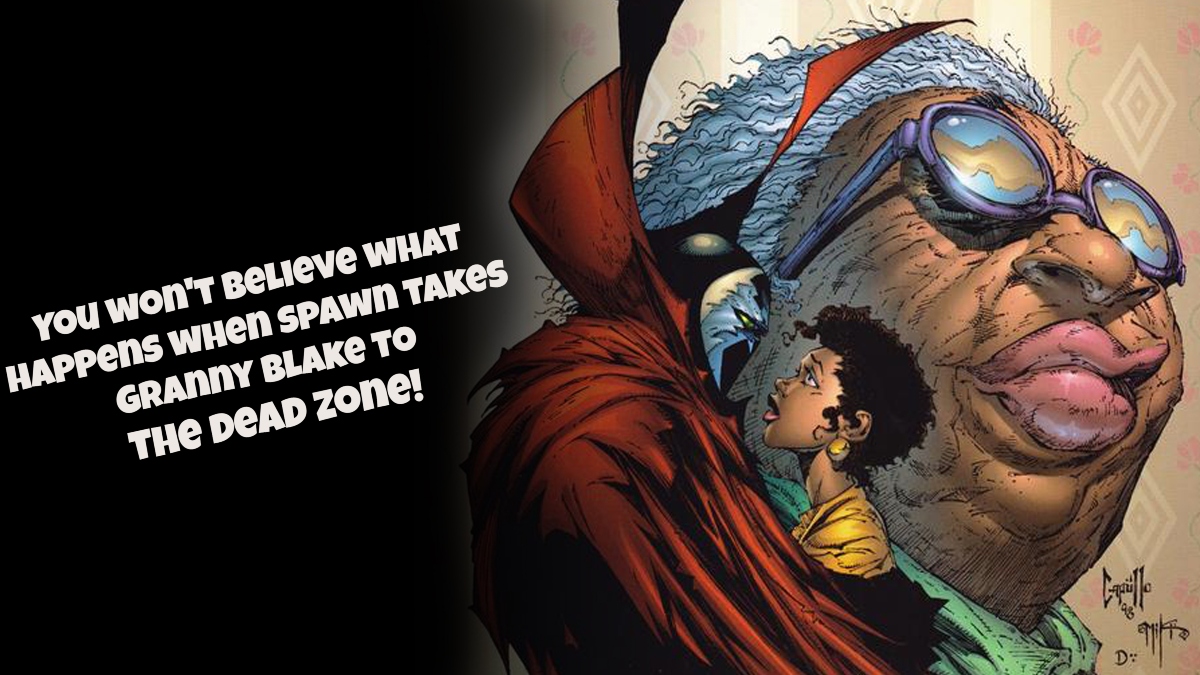It’s about portraying the truth and not changing it for film purposes.
Films in Hollywood like to alter real stories to make it more interesting and excitable. At times, real stories come off as a bore on the big screen and film directors needed to enhance plot or action sequences to keep the audience.
With Official Secrets, director Gavin Hood managed to portray British spy whistleblower Katharine Gun as truthful as he can with the dramatic flare that entices the audiences.
Official Secrets is the true story about the British whistleblower who leaked information to the press about an illegal NSA spy operation designed to push the UN Security Council into approving the 2003 invasion of Iraq. After the press leak, her life was turned upside down as the government tries to pursue her for leaking top secret information.
The film has an all-star cast with Keira Knightley, Matthew Goode, Ralph Fiennes, Matt Smith, Indira Varma, MyAnna Buring and Rhys Ifans. Gavin Hood directed Official Secrets and wrote the screenplay with Sara Bernstein. The story was also based on the book The Spy Who Tried to Stop a War: Katharine Gun and the Secret Plot to Sanction the Iraq Invasion by Marcia Mitchell and Thomas Mitchell.
LRM Online had a phone interview with Gavin Hood earlier this week. We talked about developing the story of Katharine Gun on to the big screen and the challenges of keeping everything a real as possible with compromising for the sake of film excitement.
Hood has a brilliant career in directing films, particularly with action films like Eye in the Sky, Ender’s Game, X-Men Origins: Wolverine and Tsotsi.
Official Secrets is playing in theaters tomorrow in Los Angeles and New York. It will open nationwide in September.
Read our exclusive interview below.
LRM Online: I’ve checked out your film. It’s quite riveting and quite intense. Let me start off with the easy question–why did you want to do a project like Official Secrets?
Gavin Hood: Because I’m a dumb masochist. [Laughs] I’ve never answered the question that way before. [Laughs] I say that only jokingly, because these kinds of films are obviously not easy to make or get financed. There’s something hugely satisfying when you spend years either to be fortunate enough to dig into the kind of research this kind of film requires. It’s also get to meet the kind of amazing people who are subject matter of this film.
I’ve just come out of a few years of meeting people that I would never normally have met in real life if I wasn’t making something like this. Katharine Gun, the spy, I learned so much from her. Martin Bright in the world of journalists that I didn’t know enough about and with all the people he introduced me. Then obviously, Ben Emmerson, the lawyer, played by Ralph Fiennes. He is an absolutely brilliant man. A force of nature with huge integrity. These are really interesting people with big clear moral centers of the world. It’s quite refreshing in this day and age to meet people who stand up for what they believe in. They are basically really nice people.
LRM Online: It sounds like you met a lot of these individuals, but how much of the book did you try to use for your film?
Gavin Hood: It’s an excellent question. The book was the jumping off point. I came onto the project when the original writers had already developed the script to a certain extent. There had been an attempt to make the film before I came on board. I don’t want to speak to that, because I wasn’t there. Basically what happened with me, my producer, Ged Doherty, had come across the story and had been approached by another producer who had been involved. For whatever reason, the film had not gotten off the ground. I got a call from Ged saying, “Gavin, have you ever heard of Katharine Gun?” It’s one of those awkward moments when somebody says that you sort of feel like on why they asked you the question. You’re going to feel stupid when you say no, but I hadn’t.
I said, “No, should I have?” He said, “Well look, just Google her and call me back.” I Googled Catherine Gun and this kind of story began to emerge about this extraordinary young woman. In weird ways, she is quite like any of us. She’s just going to an ordinary job. I know it’s a spy job, but she’s not some huge political figure or some famous lawyer or politician. She is just an ordinary young woman going to work every day. She happens to do this for a spy agency, but it’s work. She comes across something on her desk that says, this feels completely wrong.
It wouldn’t be unlike you. I don’t know whether you work by yourself in an office but imagine something comes across [your desk] that makes you say, “Wait, a minute. The company I’m working for is committing fraud in some way.” Do you risk your job to speak up? For most of us, our jobs are precious. It’s not too easy.
It was certainly courage to do what she did. She risked her job and her life. Whatever you think of her politically, she’s certainly brave. I dug around this and ended up on a journey that I’ve learned a great deal about that Iraq War that I didn’t know before. I met some amazing people.
LRM Online: Now in order to make a film more exciting, you had fictionalize certain things. How much liberties did you actually have to take?
Gavin Hood: That’s a brilliant question. You really can’t take liberties. It’s a pun on that word given the subject of this film. You are having to go back to the real people who are still very much alive. It’s to get their finals, not just because you wanted to say the film’s great when it comes up. In the case of the key characters like Katharine Gun, Martin Bright and others, you’re buying their lifeline. They’re not going to sign away their life. Certainly, they’re not going to say good things about the movie if you make shit up. That’s not what going to happen.
In some ways, that makes it fun. I just gather all the facts and write them down. The problem is that you can see in the film, one of the challenges is that the narrative doesn’t fit a conventional hero journey narrative that fits into every God damn sci-fi or Marvel hero movie that we ever watched. There’s a hero at the beginning who shows up when something goes wrong. Eventually, we beat the bad guy and we have good times. That’s the classic hero’s journey. It is all good.
This movie, she starts off debating her morals. Then she hands the memo to briefly disappear from the story. The journalists arrive to publish all this stuff. Then everything got back to her when they can’t solve the problems. They handed it over to a lawyer who pitches up in the third act. Oh, my God. Is this even going work at the narrative? It’s knowing that you’re going to break conventional narrative style that everybody had started since Star Wars we had become so used to with a hero, hero, and hero.
She is the hero. But, she doesn’t actively stand up at the end of a court and make a huge speech to win the day. The answer was that we had to take the facts as they come to us. Dramatized them as sincerely and honestly and without hype and without sexying it up. Just trust that the audience, if these performances are really good, will be interested in ordinary folks doing something quite heroic. This is a person who wouldn’t normally be the kind of person who would put on the cape. As it were. Does that make sense?
I think that was the challenge. The challenge is how to engage the audience with the story, where actually in some ways they don’t know where it’s going. It keeps kind of being its own thing, because it’s the truth. It’s the first time I’ve ever written film with the people are very much alive. They’re are not going to support your work if you get it wrong. In some ways, that was kind of exciting because they really wanted me to get the details right.
To answer your question, you’re compressing the story that took place over a year into two hours. You are leaving out the boring bits. For example, it took six months from the time that she was told by the police inspector that she couldn’t talk to a lawyer until that gag order lifted. It went through various court proceedings. It took six months before she was allowed to talk to the liberty lawyers about the leaking of that memo.
When I was writing the script, she sits around and she sits around waiting for them to solve that. She then goes to her court appearance, in which she sits around be worried sick over all of this in the movie. Eventually, I told Katharine I just had to compress this. I’m going to put on screen that it’s six months later. You are going to be on the phone with the lawyers that can’t talk to them because of a gag order. Then good news is the gag order is lifted, but the bad news is they going to charge you. It can bog down dramatically in the movie.
Katharine told me it was absolutely fine. It could be boring and just nerve wracking that I just sat around. I’m going to compress that for the movie. The material facts of the memo, gag order, the charges, then with argument was legally the end to the way the court case was dropped. All of that is absolutely factually accurate. I hope people find it interesting to find that need real life plays out in this weird way.
LRM Online: Excellent. Now by doing this movie. it stressed the Official Secrets Act quite a bit. Is everyone in the clear from the Official Secrets Act by participation of this production?
Gavin Hood: That’s a great question. If you want to be strictly speaking of anyone who sort of is in possession of that memo with any top-secret documents are therefore in breach the Official Secrets Act. The fact of the matter is that document had published. It’s out there in the public domain. No one is going to come after, because you’re talking about it now. Their cover was blown. The journalists already published it.
When Martin published it, there was a real risk. On a previous case, he was charged with a breach of the Official Secrets Act for the work he did. Martin was very aware of the risk he was taking. It’s still an interesting journalistic question. Why did they drop the case?
No journalist has been ever pinned the attorney general that he had to sign off on the prosecution of Katharine Gun. That’s a requirement of the Official Secrets Act, which he had to approve it. They asked for those documents, it was obvious he was the person who dropped the case. Nobody’s done could pin him down for that. In some ways, the story is not over.
I’m hoping that when it comes out in Britain, the journalists who’ve seen the screeners, will be on the debate and get it rolled up again. From the American side, who told Frank Koza to send that e-mail. We know that there was a meeting in the White House with Tony Blair, Donald Rumsfeld, Condoleezza Rice, Dick Cheney and certainly President George W. Bush.
Bush said, “Look. If we had to twist arms and threaten to get this bloody resolution passed. Do it!” It’s interesting that a memo was sent the next day. We just connect the dots, but we have no absolute journalistic or legal proof of that was happened in that meeting resulted with the order to send that memo to spy on the UN.
There is a journalistic thing to go find Frank Koza for me, because I haven’t found him. Nobody had denied that he exists, because they charged her over this memo. One fan at a screener told me, “I think you’ll find Frank Koza hiding in plain sight.” Then he disappeared. [Laughs] It was one of the screenings in San Francisco actually. He’s probably not Frank Koza. I’m sure he wasn’t, but I’d love to meet Frank Koza.
LRM Online: You also spoke with Katharine Gun quite extensively. How is she today? I bet she still stands by everything. Am I correct?
Gavin Hood: She does. She’s been very supportive of the film. She worked with me as I sent the draft of the script all the way while I was working on it. She is still married to Yasser. They have a wonderful daughter. They live mostly in Turkey. They go back and forth between Turkey and England. It’s been hard for her. I’m saying things that I’ve heard her say.
Obviously, even though the case was dropped, what was disappointing for her and with Ben Emmerson, her lawyer, was that having gone that far–they actually wanted their day in court. They didn’t want the case dropped. They felt that they had this insight into the advice on the legality of war and they wanted those documents made public. Of course, they were only made public in 2010 and proved exactly on what Ben suspected that the advice consistently for war in terms of argument was illegal. Tony Blair, his generals and the soldiers going into Iraq would risk being charged with war crimes. They never got their moment in court, because the government just dropped the case and shut them down. I don’t know if that answered your question, but Katharine had said publicly that she’s rather glad the films coming out, because in some ways she gets her day in court now.
LRM Online: Well, it’s always been a pleasure of speaking with you, Gavin. I always enjoyed all your work, so maybe I’ll dig up on this Frank Koza person and send it off to you.
Gavin Hood: [Laughs]It would be a big deal. I’m not holding my breath not really lack of faith. That would be pretty awesome. Thanks for the time. Cheers!
Official Secrets is playing in theaters tomorrow in Los Angeles and New York. It will open nationwide in September.
Source: LRM Online Exclusive

 FOR FANBOYS, BY FANBOYS
Have you checked out LRM Online’s official podcasts and videos on The Genreverse Podcast Network? Available on YouTube and all your favorite podcast apps, This multimedia empire includes The Daily CoG, Breaking Geek Radio: The Podcast, GeekScholars Movie News, Anime-Versal Review Podcast, and our Star Wars dedicated podcast The Cantina. Check it out by listening on all your favorite podcast apps, or watching on YouTube!
Subscribe on: Apple Podcasts | Spotify | SoundCloud | Stitcher | Google Play
FOR FANBOYS, BY FANBOYS
Have you checked out LRM Online’s official podcasts and videos on The Genreverse Podcast Network? Available on YouTube and all your favorite podcast apps, This multimedia empire includes The Daily CoG, Breaking Geek Radio: The Podcast, GeekScholars Movie News, Anime-Versal Review Podcast, and our Star Wars dedicated podcast The Cantina. Check it out by listening on all your favorite podcast apps, or watching on YouTube!
Subscribe on: Apple Podcasts | Spotify | SoundCloud | Stitcher | Google Play




